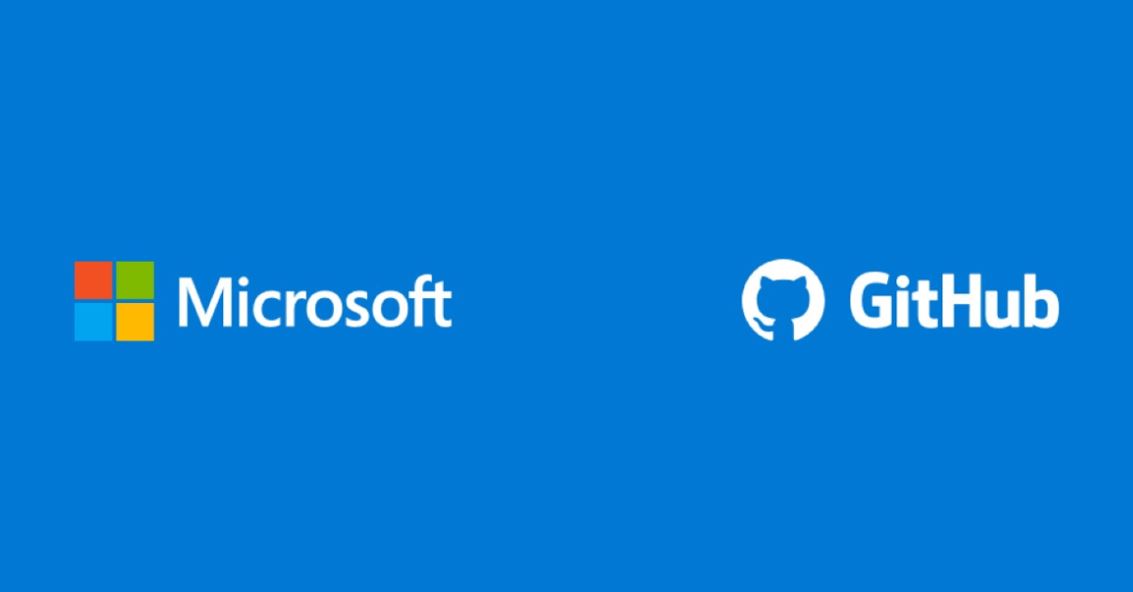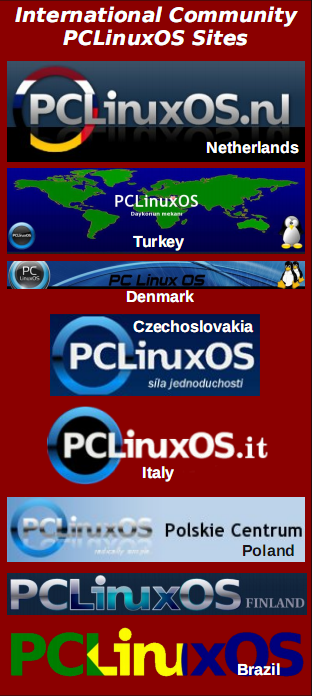| Previous
Page |
PCLinuxOS
Magazine |
PCLinuxOS |
Article List |
Disclaimer |
Next Page |
Microsoft Buys GitHub: The Good, Bad & Ugly |
|
by Paul Arnote (parnote) You really can't blame Linux users for viewing Microsoft with skepticism and with a wary eye. In 2001, then Microsoft CEO Steve Ballmer said, "Linux is not in the public domain. Linux is a cancer that attaches itself in an intellectual property sense to everything it touches. That's the way that the license works." And, it wasn't just Ballmer's words. Those words were backed up by "actions," with Microsoft attacking Linux with such tactics as sponsoring SCO's copyright attack on Linux to claiming that Linux violated unnamed Microsoft patents, to endless FUD assaults. Those underhanded tactics were even applied to Android, built around a Linux kernel. To this day, Microsoft still rakes in billions of dollars from those dubious intellectual property rights claims against Android. Ballmer has since "repented," and reports that he now "loves" Linux, according to a 2016 article on ZDNet. Yeah. Right. Suuuuure. Then, in 2014, Satya Nadella took over the helm as the Microsoft CEO. All of a sudden, we had a Microsoft top executive publicly declaring "Microsoft LOVES Linux." Microsoft joined the Linux Foundation as a platinum corporate sponsor and code contributor in 2016. They "open sourced" the .NET framework libraries in 2014. While Microsoft was the fifth largest code contributor to Linux when they joined, they don't even get a mention in the 2017 kernel report. Say WHAT?! This sounds like something from the "Twilight Zone" television series (your pick on which incarnation), right? Cue the music ... Do-do-do-do, Do-do-do-do. Certainly, Rod Serling would have fun with this one if he were still with us. Indeed, Microsoft has employed the "embrace, extend, extinguish" way of doing business ever since the 1990s against technologies that competed with their idea of how things should go or work, coupled with their desire to completely control every market they were involved with. Given their way of doing business over the years, you couldn't fault anyone for feeling as if we are in the second stage of that credo. Let's hope GitHub doesn't go down the same path as Nokia, Hotmail and Skype. Instead, let's hope it goes more down a path similar to other Microsoft acquisitions, especially lately, like LinkedIn, where the transition has been seamless and quite calm. Most users don't even realize that Microsoft now owns LinkedIn. So, the intense distrust among Linux users has deep, deep roots. Even if the tree has been trimmed back, it's not hard to imagine that many feel those deep roots may yet spring forth new vegetation. In a way, many view Microsoft's involvement with Linux as a proverbial "Trojan Horse."  Microsoft Buys GitHub Yes, that bastion of open source development has been purchased by Microsoft for $7.5 billion (U.S.). Without a doubt, everyone has their price. Microsoft just gave the two guys who started GitHub 7.5 BILLION reasons to sell to what many call "the enemy." Reportedly, Microsoft paid 25 times annual revenue for GitHub, which is expected to take in $300 million in revenue this year. At one point, Google was mentioned as a possible buyer for GitHub, but in the end, Microsoft won out, because of the current GitHub CEO's relationship with Microsoft CEO Satya Nadella. It is also widely thought that Microsoft's "style" is better aligned with that of GitHub, especially when it comes to collaborative coding and code sharing. GitHub has been an acquisition target for several years, not only by Microsoft and Google, but also (reportedly) Amazon, the Chinese company Tencent, and Atlassian. It's unlikely that Microsoft will make any money directly from the purchase of GitHub. Many in the tech sector view it more as a goodwill gesture from Microsoft to the developer community, and an effort to create closer ties to the developer community. Plus, Microsoft is already one of the largest contributors to GitHub, making its purchase even more sensible. Reactions As you might imagine, the reaction from GitHub developers and users has been quite mixed. The old distrust of Microsoft and Microsoft's motives has come roaring to the forefront. Some GitHub developers immediately "closed up shop" and moved their open source projects to GitHub competitors and alternatives (which we'll list a little later on). Still other developers have taken a more sensible "wait-and-see-what-happens" approach. The sale of GitHub to Microsoft won't be finalized until later this year, so many are just waiting to see what changes and what the fallout is before pulling up roots and moving. Surprisingly, the Linux Foundation has been very supportive of Microsoft's purchase of GitHub. Jim Zemlin, executive director of The Linux Foundation, thinks that Microsoft's acquisition of GitHub is a good thing. "The bottom line: This is pretty good news for the world of Open Source and we should celebrate Microsoft's smart move," says Zemlin in a Linux Foundation blog entry. He continues:
"So what does this mean for open source? I expect generally good things. Microsoft has the means and the expertise to make GitHub better. They brought in Nat Friedman as GitHub's CEO, someone I have known for years and has been well-respected in the open source community for a couple decades. Nat is clear that Microsoft is walking their talk stating, "I'm not asking for your trust, but I'm committed to earning it. I can't wait to help make the GitHub platform and community that's special to all of us even greater." I believe he means it.
I recommend taking the time to read the entire blog entry. It may calm or ease some Linux users' fears. GitHub's current and outgoing CEO, Chris Wanstrath, posted a blog entry to help ease the fears of GitHub users and developers, as well. Although I was unable to find Wanstrath's actual blog post, the full post was reposted here. Alternatives to GitHub Like I mentioned before, I doubt anyone would question any Linux user's apprehension about Microsoft's GitHub acquisition. Linux users have reason to be fearful, given Microsoft's less than friendly treatment of Linux in the not-too-distant past. Those "wounds" are still relatively fresh.So, for those who aren't waiting around to see what happens with Microsoft at the helm of GitHub, there are alternatives. Some of them might be quite familiar. Many of these GitHub alternative sites reported a 10-fold increase in traffic after the announcement of Microsoft buying GitHub. The full list is available in an article over at the TecMint site. I'll list the alternatives below, but will send you over to the TecMint site for all the bloody details about each site.
I wouldn't be surprised to see other code collaboration and code sharing sites appear in the wake of the GitHub purchase by Microsoft. One thing that has become abundantly clear during my time with Linux (now in my second decade) is how resilient and determined Linux users are. Summary It's incredibly easy to see and understand the initial reaction of some open source advocates to Microsoft's purchase of GitHub. Microsoft hasn't had a great track record of cooperation and collaboration with Linux until just very recently, and the wounds from all of Microsoft's attacks on Linux are still fresh, raw and unhealed. Yet, if we are indeed witnessing a kinder, gentler, more sensible Microsoft under Satya Nadella, then it might make sense to wait a little longer and see how Microsoft's stewardship of GitHub plays out. But, quite simply, there hasn't been time for the dust to even settle. Heck, the sale hasn't even been finalized yet. Even as optimistic as I want to be, there's still a bit of apprehension and skepticism in the back of my mind regarding Microsoft. Their history is one of trying to scorch Linux with a flamethrower. Frankly, I don't really know what it would take for me to trust Microsoft again, other than time for the wounds to heal and time to see the results of this kinder, gentler, more sensible Microsoft, if it is indeed real. |


